
An illustration from Dear Mama God, written by Daneen Akers and illustrated by Gillian Gamble (Courtesy of Watchfire Media)
Having spent time with kids in classrooms from kindergarten to high school, and now having four children of my own, my belief in the power of story, especially in the form of picture books — has been solidified over and over again. After all, picture books offer an opportunity to enter into contemplation, something children seem to do much easier than adults.
However, we were all kids once, and those kids are still somewhere in us, yearning to wonder, learn, explore and make sense of the world. We are all learners and philosophers, albeit some of us lean into it more than others. In my professional life, I have been known to pull out picture books in trainings and meetings with only adults present. Overwhelmingly, the response is that people have forgotten how nice it is to have a story read to them — perhaps because it awakens that inner child and invites them to take a front-row seat on the reading carpet in our mind.
So, with that, perhaps this is not just a compilation of books to introduce the vastness of God to a child in your life, but also an invitation for you to look for God with childlike awe and curiosity.
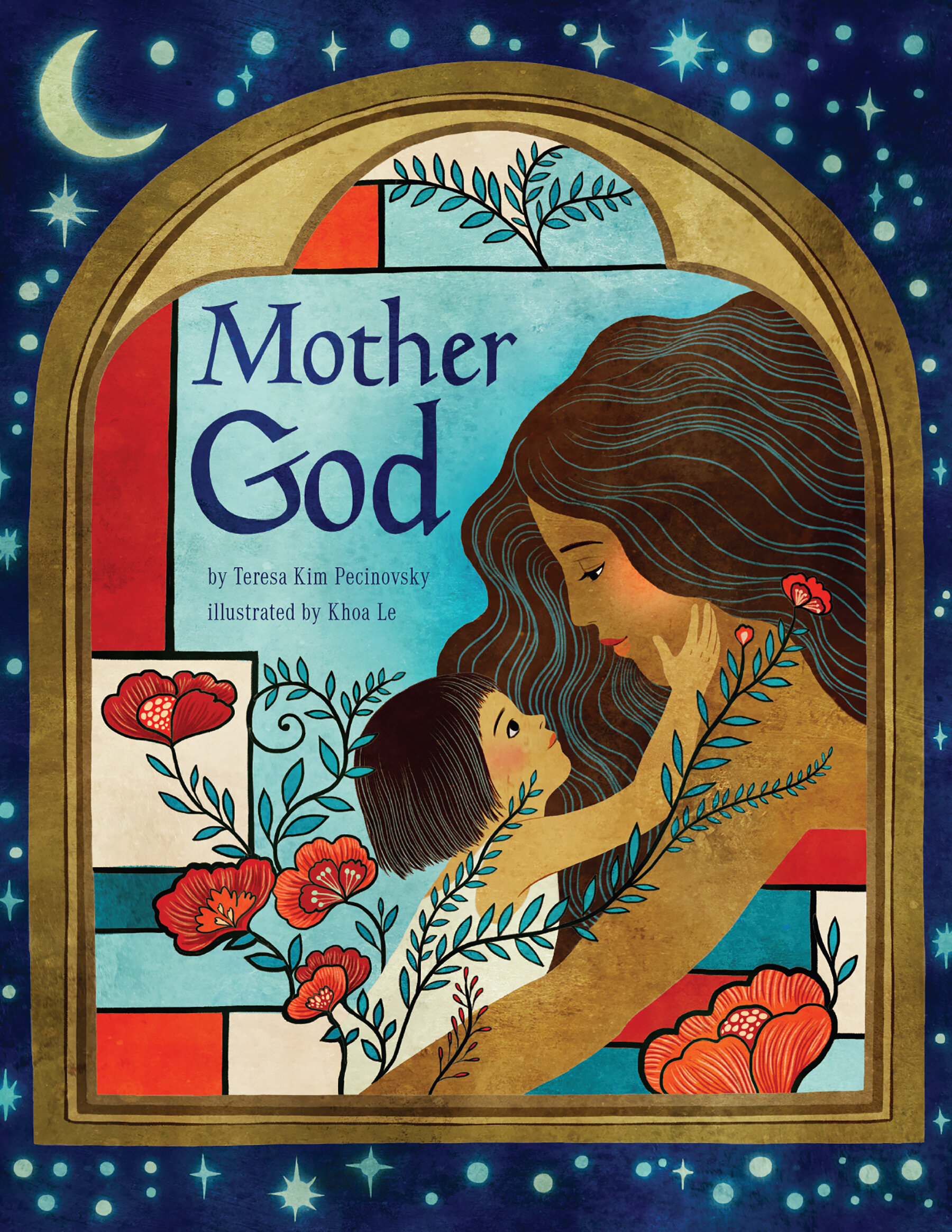
God is neither male nor female but overwhelmingly, Christian circles have focused on male imagery in relating to and sharing about God. However, tradition and Scripture confirm that God is genderless —and there is a lot to be learned when shifting the lens to female imagery and metaphors. Mother God beautifully introduces readers to the feminine descriptions used to describe God throughout the Bible and the Christian tradition with rhyming phrases and beautiful.
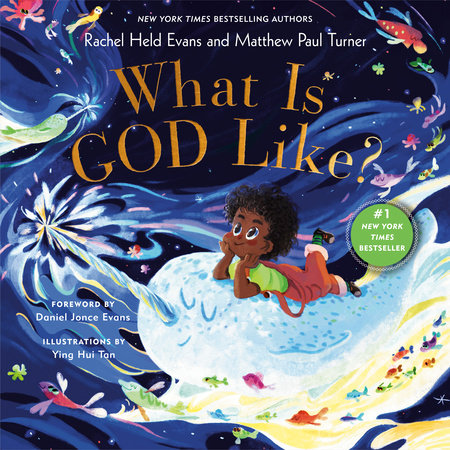
Rachel Held Evans' writing offered respite to many wary millennial Christian souls battered by evangelical strongholds. Evans gave space to sit with the unknown. and warmly gave permission to ask questions and explore the outer reefs of Christianity. Her untimely and sudden death in 2019 was a devastating shock to those who followed her career. One of the last projects she had been working on was this children’s book, What is God Like? The dream was put into reality posthumously with the help of her husband, Dan Evans, and close friend and children's book author, Matthew Paul Turner. What is God Like? is a gift to those who are unsure of how to hold the expansive questions of the youngest minds.
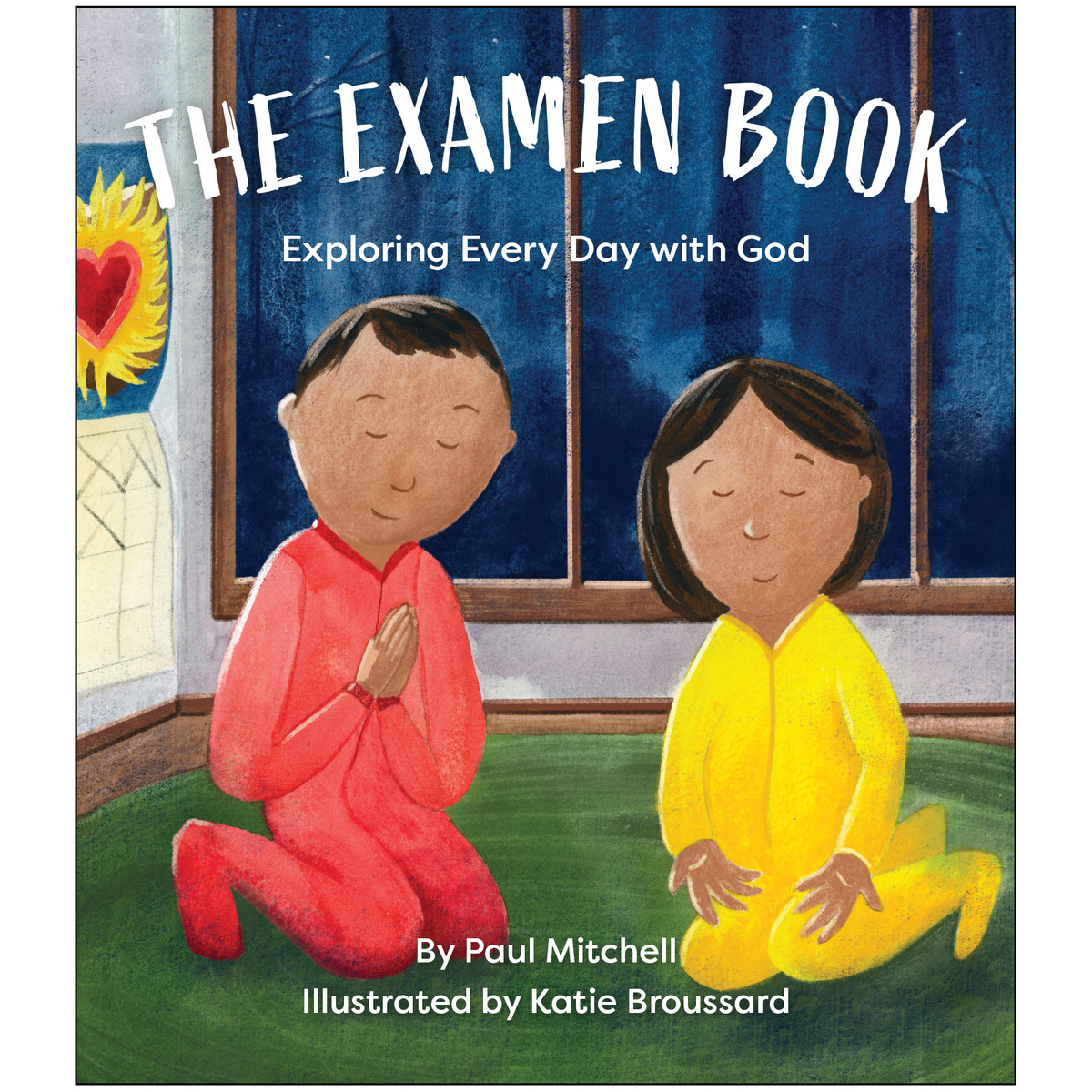
Many know of the Examen as a prayer from St. Ignatius of Loyola, founder of the Society of Jesus, commonly known as the Jesuits. Ignatian spirituality simultaneously points to an expansive understanding of God while meditating on the simple presence in daily life. The Examen Book brings the reflective Ignatian prayer into a bedtime family practice to look at all the ways God has been revealed through the waking hours, offer gratitude in response and mindfully prepare for the following day. With illustrations and simple rhyming prose, The Examen Book introduces a grounding practice that children and families can incorporate into a meaningful daily spiritual meditation.
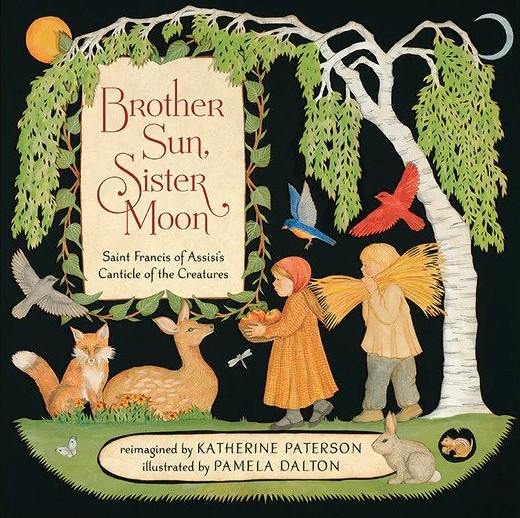
This book is visually stunning, with papercut scenes decorating the pages that share the "Canticle of the Creatures" by St. Francis of Assisi, a hymn written by the saint in 1224. Although this may not be a children's book in the traditional sense, the intricate details on each page draw readers into the cycles of nature and life — all opportunities to praise God for creation, delight in its splendor and be reminded that there is a purpose for all of God's seasons and creatures. Brother Sun, Sister Moon is sure to be a favorite to pull out in early October, near St. Francis' feast day, as summer's bounties become fall's harvest.
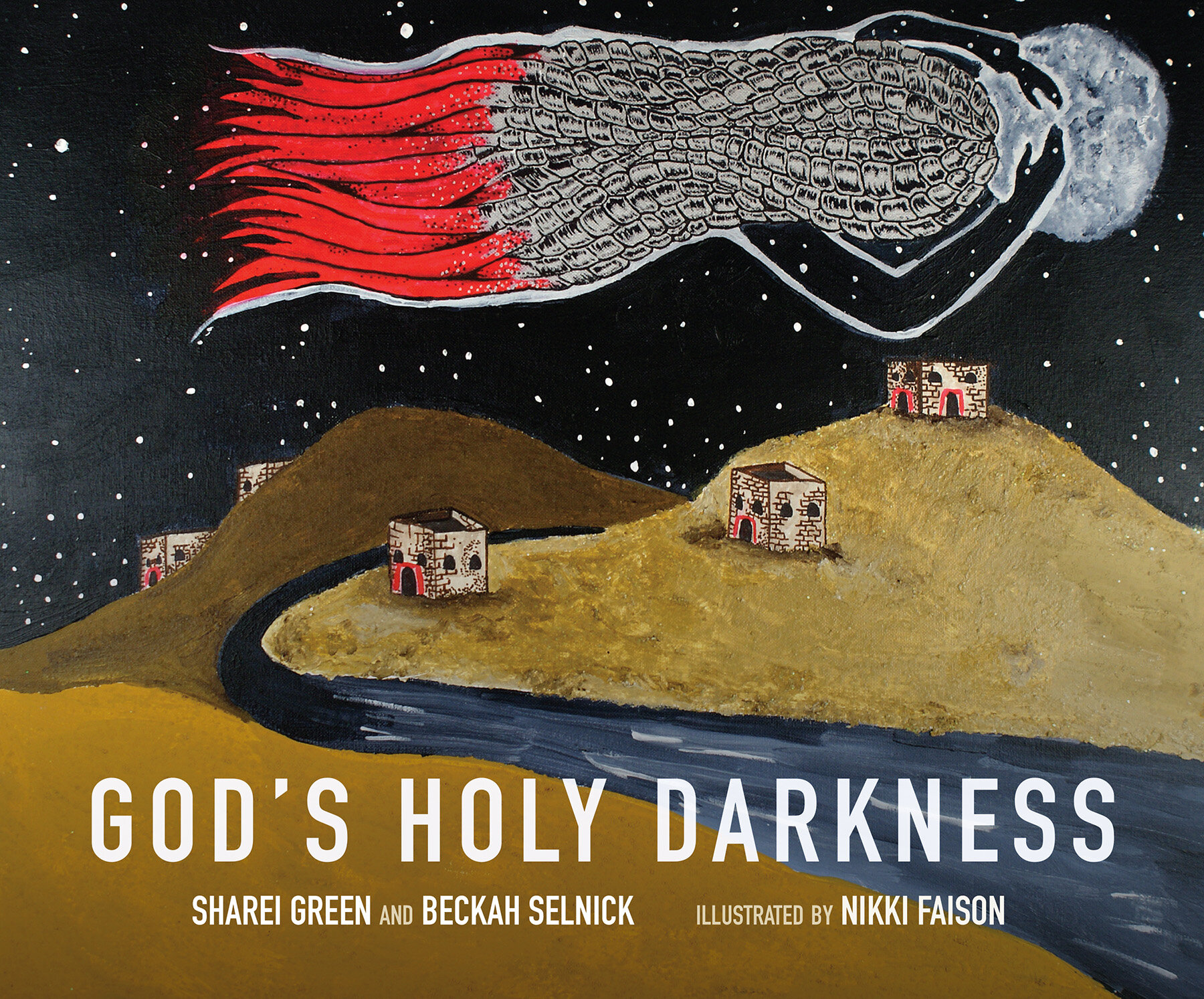
In an attempt to make Biblical teaching palatable for young minds, overly-used tropes are too often relied upon to convey messages about who — and how — God is. Good versus evil, dark versus light, lush versus dry, big versus small. However, as the case with forcing binary categories, this ultimately limits the potential of understanding God and often perpetuates harmful and even painful oversimplified worldviews. For example, when darkness is automatically attributed to "the bad" and positioned as the opposite of goodness and light, perception of dark-skinned people, by self and by others, is unconsciously affected. God's Holy Darkness offers an opportunity to challenge darkness as bad or evil, instead exploring the holy goodness that darkness has to offer. This is a beautiful work for our times.
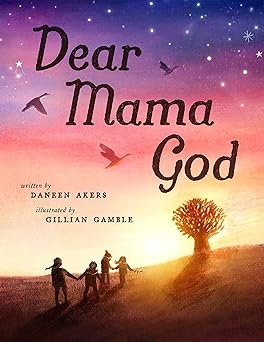
Author Daneen Akers sets out to challenge patriarchal theology by normalizing maternal imagery and language to refer to God in this children's book. Akers has shared that this was a purposeful choice because, for her, there long existed a disconnect between being told that God loved her and not being able to see herself in the imagery used to describe God. Her hope is to introduce Dear Mama God to a new generation, to offer representation where she herself didn't experience it as a child. Akers ties in her daughter's prayers to give a childlike lens of awe over things adults dismiss as mundane and inconsequential, like thanking Mama God for paper to draw on and trees for birds to nest in.
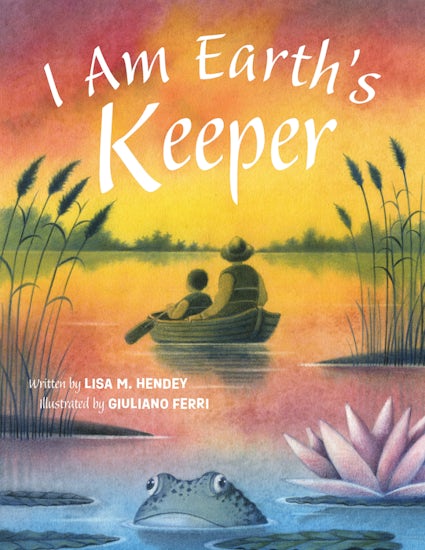
I am Earth's Keeper is a variation on the "Canticle of the Creature" by St. Francis, rather than an illumination of the hymn. In this book, the reader follows a young boy on a kayak ride where he observes and is in awe of the immense life and beauty around him. This is a great read before an outing to encourage readers to take in the natural ecosystems and to integrate the relationships, big and small, among God's creation. The colorful art leads the journey as the story starts in the blue shadows before the sun rises and slowly bursts with colors and movement as the morning awakens.
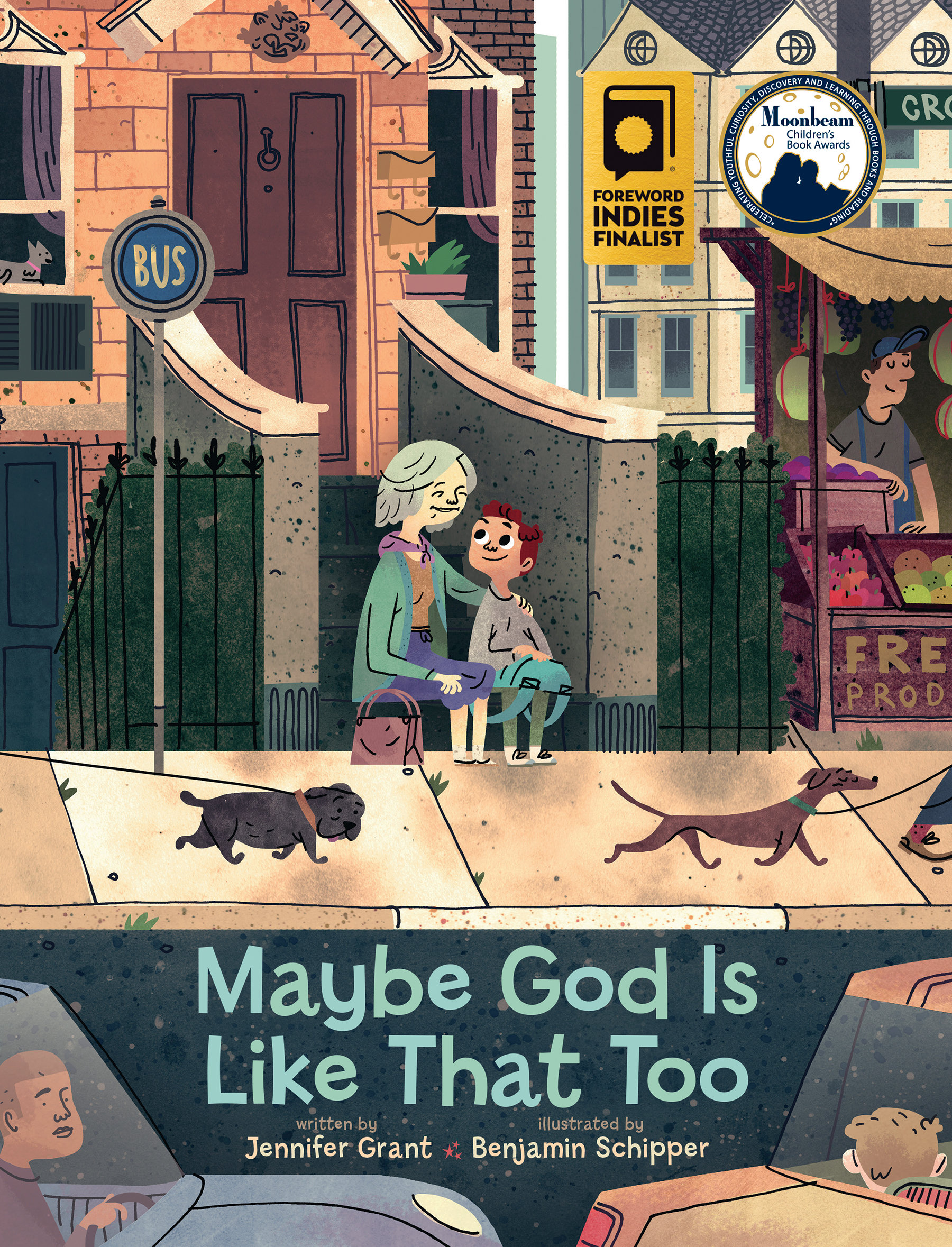
A grandma answers her grandson's questions about God by urging the boy to look for ways in which the fruits of the spirit can be found in the city in which they live. It is in the moments and interactions of love, joy, peace, patience, kindness, goodness, faithfulness, gentleness and self-control throughout the city that the boy can see God working all around him as he goes to school, spends time with his grandma and watches neighbors and strangers interact. Maybe God is Like That Too is another book that models ways to come to know God in meaningful daily practices.





